IMF warns stock markets ‘meaningfully higher’ than should be
By AFP
12 April 2021 |
3:26 pm
The International Monetary Fund has given a stark warning after "excessive risk-taking" in the markets by investors. Stocks around the world, especially those of tech firms, have surged during the coronavirus pandemic.
Related
1 day ago
Related
2 days ago
Germany is grappling with a wave of strikes. Initially, it was the farmers and logisticians, and now it's the train drivers and airport ground staff disrupting traffic. Not only do travelers and commuters suffer, but the economy is also spiraling further downwards.
11 Apr
The US consumer price index for March stood 3.5 percent higher than a year earlier, as inflation proved stickier than expected. A rate cut from the Federal Reserve, anticipated for June, is now in doubt. Also in this edition: the UN's climate chief calls for a new finance deal for developing countries, saying nations have two years to save the planet.
11 Apr
Some countries in Europe have begun to ban short-haul flights to cut emissions. Will other countries follow? And — can these bans make a real difference?
1 day ago
Here's what's been making the business headlines in sub-Saharan Africa this week.
3 days ago
Nigeria’s Minister of Finance, Wale Edun says 4.83 trillion naira from T-Bills and Bonds issued in the first quarter of this year was used to pay part of the Ways and Means advances from the Central Bank of Nigeria. Sam Chidoka, CEO of Kairos Capital joins CNBC Africa for more on this discussion and Nigeria's debt management strategy.
4 hours ago
Some top Nigerian banks are eyeing the international and local capital markets to raise fresh capital in a bid to meet the recapitalisation exercise by the Central Bank of Nigeria. Egie Akpata, Chairman of Skymark Partners joins CNBC Africa to examine options available to banks.
Latest
20 mins ago
A transitional council has been created to choose Haiti's next prime minister and Cabinet. The move is seen as the first step in bringing security to the troubled country.
21 mins ago
Exactly five years after the fire that destroyed the roof and badly damaged the rest of Paris's Notre-Dame Cathedral, one of those who worked on the project has spoken of the camaraderie of the team reconstructing the edifice and the skill of their achievement. Valentin Pontarollo is a carpenter who finished working on the roof just a few weeks ago. The carpentry of the structure is now complete. In Perspective, he told us of his joy at what the team has achieved, five years after tons of 13th-century oak either caught fire or was sent crashing down into the nave below.
5 hours ago
After a year of war, Sudan is dealing with one of the world's worst humanitarian crises. As more local and international actors get involved, the outlook remains grim.
5 hours ago
In the Rwandan village of Mbyo, Tutsi who survived the genocide now live together with rehabilitated Hutu perpetrators. But they tell DW it has been a difficult journey.
1 day ago
Find these stories and much more when you grab a copy of The Guardian on Tuesday.
1 day ago
World leaders called for calm and an "utmost degree of restraint" in the aftermath of Iran's large-scale air attacks on Israel. Iran's attack, which involved the launch of more than 300 drones and missiles against military targets in Israel, has ratcheted up fears of a spillover conflict in a region already grappling with the ongoing Israel-Hamas war.
×

Get the latest news delivered straight to your inbox every day of the week. Stay informed with the Guardian’s leading coverage of Nigerian and world news, business, technology and sports.



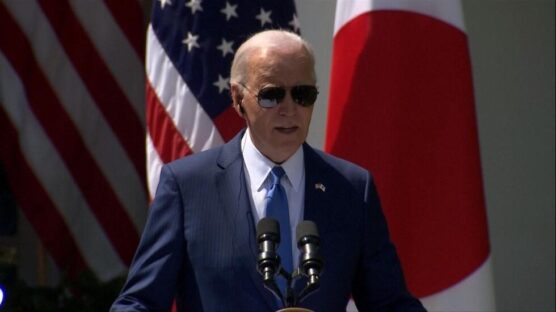


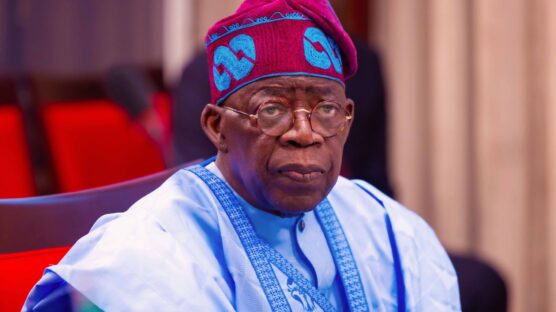
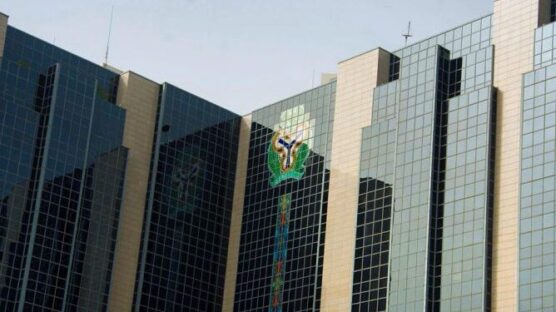






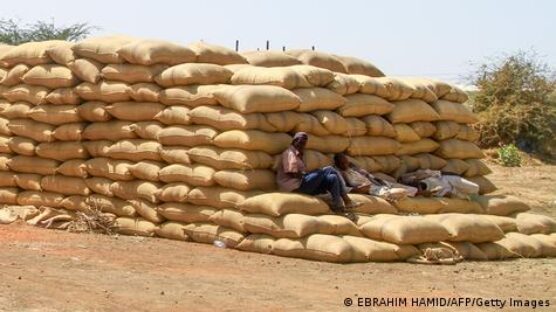

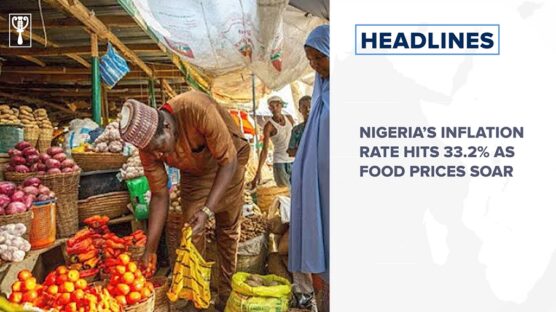

0 Comments
We will review and take appropriate action.